Paul Holmes 06 May 2024 // 8:25AM GMT
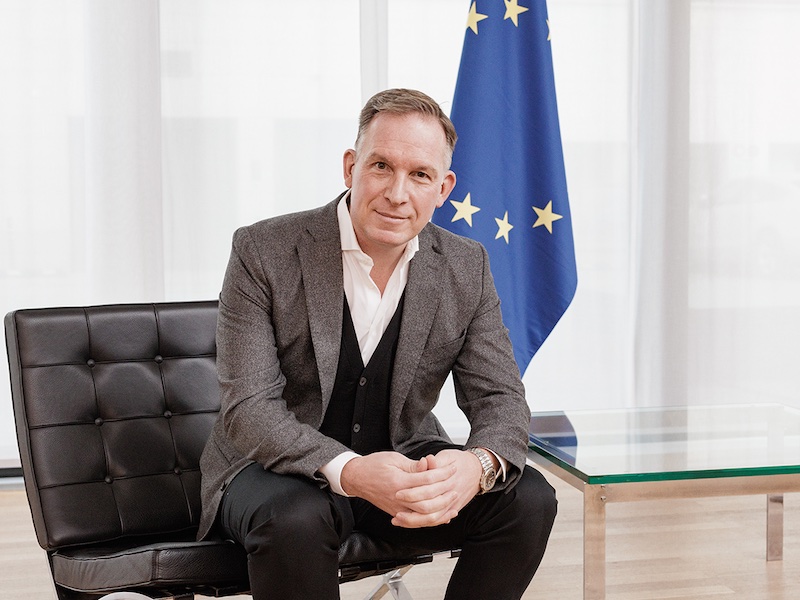
After decades of domination by the big publicly-traded holding companies (and Edelman), the public relations agency business is ripe for the kind of disruption that has shaken up adjacent businesses, from advertising to the media itself. In this series of articles, PRovoke Media founder Paul Holmes identifies some of the firms aiming to disrupt the PR market, and talks to some of the individuals spearheading that disruption.
In the fifth article in this series, we talked with Roman Geiser, chief executive of Team Farner, the Swiss agency that has made a number of acquisitions in Germany and most recently bought Lansons in the UK as it seeks to build a European network.
Paul Holmes: Tell me a little about your background before you came into your current role.
Roman Geiser: Before becoming founder and executive chairman of Farner International and Team Farner, I was majority shareholder and CEO of Farner Consulting in Switzerland for more than 10 years. Prior to that, I spent more than 14 years in various roles at Burson-Marsteller. My last role was as COO for EMEA.
PH: What did you see during that time that convinced you there was an opportunity to build something new and different?
RG: Over the past 10 years, Farner Consulting evolved from a traditional agency specializing in corporate and public affairs into an integrated communications powerhouse. The agency has more than tripled its turnover and Farner is now larger than any advertising agency in Switzerland.
The communications value chain encompasses not only the "legacy" disciplines such as corporate communication and public affairs, but also branding, transformation/change, creation and advertising, digital and performance marketing, video production and next generation marketing and behavioral science.
The realisation that more than one communication discipline is needed to solve complex multi-stakeholder tasks and that broader skills are required to succeed in the touchpoint-driven world of marketing and campaigning has led us to the decision to further expand this model and to internationalize it with Team Farner.
We want to combine two worlds: our origins as a strategically orientated management consultancy and the ability to implement and integrate communication across the entire communication value chain.
PH: How will what you are building now be different from the existing market leaders?
RG: We are more entrepreneurial, we are more integrated, we are more multidisciplinary and we are more European than our competitors.
More entrepreneurial because that is our DNA and all former owners and partners are personally involved and continue to be active in the agency business. More multidisciplinary because we cover the entire communications value chain. More integrated, because we have gained a lot of experience in recent years in integrating the numerous disciplines and merging them on an equal footing.
Regarding our competitors: the holding companies: can give clients speciality teams in all big markets, but struggle to make them work together; the ad networks can come up with creative ideas, but struggle at solving problems that can’t be tackled with advertising; PR networks can give clients industry and topic experts, but struggle at solving problems that can’t be tackled with classic PR; and strategy consultants: can deliver great strategies in the boardroom but struggle to execute them together with client teams.
That’s why there is room for a new agency model. You find such agencies in single markets but not across the region covering all the leading markets.
PH: Tell me a little about Waterland, their vision for the communications business, and what makes them the right partner for Farner.
RG: At the beginning of our journey, we invested significant time together with Waterland analyzing the market and evaluating the opportunities of a new agency model.
We decided in favor of a PE partner for various reasons: we get M&A expertise that allows us to proceed quickly and at scale. We get access to capital that allows us to target big goals (to reach top 3-5 position of European regional agencies in a couple of years).
Waterland has also gained a lot of expertise in the industry with the internationalization of the agency Dept and specializes in accelerated growth via buy and build. The core team is also based here in Zurich and we get along very well on a personal and professional level.
PH: What made the firms you have acquired so far attractive to you? And what will you be looking for in any future acquisitions?
RG: The acquisitions enable us to serve customers beyond our own national borders as our geographical footprint in Europe makes us more attractive to our customers. Our employer brand is also stronger.
In addition, a number of acquisitions have also significantly expanded our offering: we have added a complete digital ecosystem of agencies to our offering in Switzerland. With Affective Advisory, we have a top team of behavioral scientists in the group who expand our concept language.
We have also brought Kirchhoff, an established agency in the reporting business and in ESG consulting, into the group in Germany. Together with Komm.passion and GFD, we are now one of the leading agencies for financial communications, healthcare, transformation and corporate communications in Germany. In Austria, we cover the entire value chain with Skills, KTHE (PR and advertising) and Datenwerk (digital).
With our Dutch colleagues from the VIM Group, we have acquired specialists in brand transformation and with the Lansons team we have entered the UK market and at the same time strengthened our financial and corporate communications offering.
The priorities for our acquisition program continue to be in Germany and the UK. We also intend to expand in France and Brussels (public affairs) in the foreseeable future.
PH: Are there disciplines outside the traditional public relations business that you anticipate joining the Team Farner family?
RG: Already, we are positioned differently than a traditional PR agency. We cover the entire value chain of communication services. This is supplemented by special disciplines such as behavioral science, ESG, brand and transformation. We are thus building a new agency model that offers clients more from a single source. In a nutshell, we already have a broad disciplinary base and will continue along this path as a group.
PH: What is your strategy for talent retention? Do you expect agency founders to stick around for the long term and how will you incentivize them to do so.
RG: We consistently strive to involve the founders and partners in our onboarding model. This means that every purchase process is accompanied by a mandatory re-investment program in the Group. They all invest a new stake in Farner International, the Group company. This ensures that the founders and owners of our new agencies retain a stake in the Group and are incentivized to develop Group-wide agency business.
This re-investment program also allows the next generation of managers to participate in the Group. In numerous acquisitions, for example, we have ensured that not only the founders and previous owners but also key members of the management teams of the acquired agency have a new stake.
PH: What is your strategy for integration? Will Team Farner operate as a family of brands, will you look for opportunities to cross-sell, or do you expect the firms you’re buying to come together under a unified brand at some point?
RG: All agencies operate with the "Team Farner" brand endorsement, so Lansons Team Farner, Komm.passion Team Farner, Skills Team Farner. In this way, we maintain the well-known and powerful brands, but also show that we belong to the Group.
In this sense, the brands are already unified, and we are more than a family of brands. This allows us to act as a group in the market, drive cross-border business, benefit from cross-selling and upselling and strengthen ourselves internally as a team. We may switch the brand completely to "Team Farner" at some point, but we are currently having very successful experiences with dual branding.
PH: What are the areas of investment that you think are crucial for an agency business to invest in as societal and technological changes shift the future of the business?
RG: We have identified a number of trends among our clients that we would like to mirror as an agency:
The ability to navigate the increasingly complex stakeholder environment is becoming more and more challenging for our clients. This is driven by geopolitics, technology, societal changes such as migration, an ageing society or the new face of globalisation. Against this backdrop, agencies need to be even fitter for the boardroom. As a result, we will continue to invest in the areas of corporate communications, public affairs, financial communications, brand strategy and ESG.
In addition, the skills required by our clients are changing; employees are needed who can navigate organizations through this multi-stakeholder environment, teams need to understand much more about change and transformation and, finally, AI will lead to completely new interfaces and roles. This means we need to be change, transformation and technology experts as well as communication experts. We will continue investing in this too.
Furthermore, many of our clients are increasingly becoming profit centers within their organizations. Not only corporate affairs, media relations or change are on the agenda, but also brand building and sales. This means that communications departments are operating in the hyper-complex world of customer journeys, sales-funnels and omni-channel campaigning. This requires us agencies to be able to orchestrate communication, integrate across channels and be more multidisciplinary (including digital and creative channels).
To summarize, for us as an agency, this means even more strategic expertise, more multidisciplinarity, more technological capability and more transformation support for our current and future positioning.
PH: Is this a long-term agency-building project, or do you anticipate reaching a certain size and scale and then shifting from buyer to seller?
RG: We will follow the classic private equity cycle. We will go through a phase of accelerated growth and development. After 5 to 7 years, Waterland will replace the investment and a new shareholder will join us in order to continue the journey with us, finalise the expansion plan or set new priorities together for the future.
The ambition remains unchanged: We aim at becoming a top 3-5 European agency that operates multi-market.
Also in this series: “National Champions” Are The Priority For Paritee
At Penta, Coupling Intelligence with Consulting
Real Chemistry Goes All In On Data and AI
SEC Newgate Builds A "Group Of Entrepreneurs"



































.jpg)





















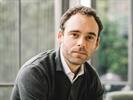

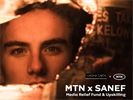
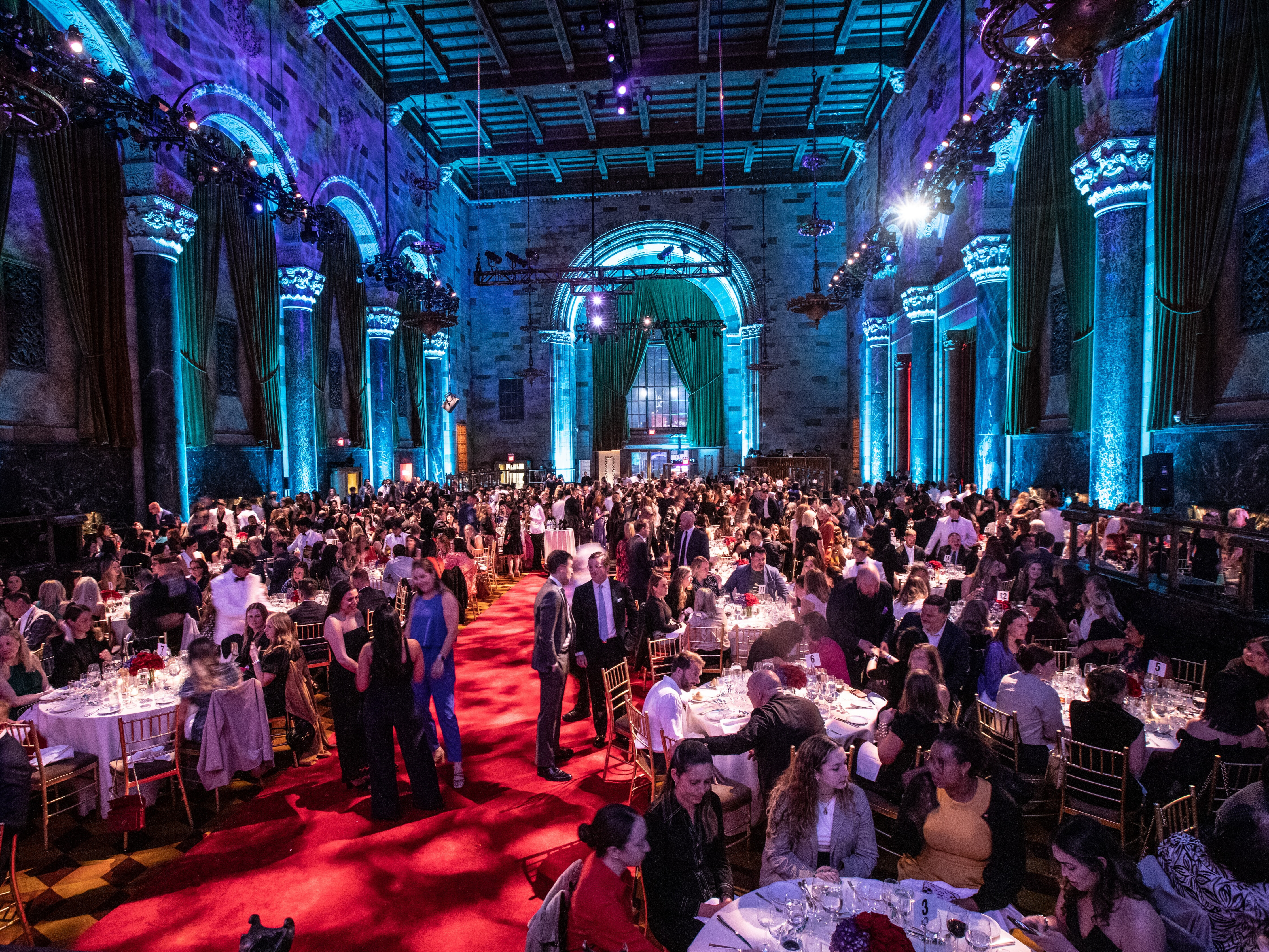

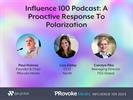


.tmb-135x100.png)

